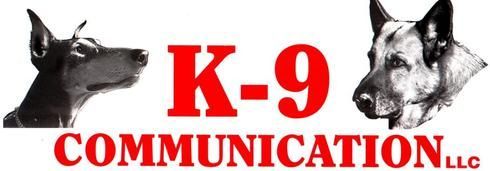Potty training your dog- curbing defecation in the house
The Canine Corner
Question: My four-year-old, female mixed breed dog, Lady, will routinely defecate in certain areas of my home.
She typically will do this during the night, even though she will have been given plenty of opportunity to take care of business before we all go to bed.
I now keep most of these areas gated off, which has reduced, but not eliminated the problem. What causes this behavior, and how can I stop it,
other than keeping parts of my house off limits to her?
Jill, Orange
Gus:
Lady sounds as if she is being opportunistic, and really doesn’t understand when and where she is supposed to defecate.
Typically, a dog will not do this inside as an intentional act. Although the “marking” of territory with urine is a common behavior, dogs do not mark with
feces. The urine marking by dogs is the dog world equivalent of you on leaving a business card, saying, “I’ve been here, and this is who I am”.
However, with feces, this usually means that the dog does not understand that it is not acceptable to defecate in these areas. When the dog was first being
housebroken, it probably had defecated in these areas, and there is still a scent of feces there, telling your dog that this is where it’s supposed to
go. The odor from past incidences lends an air of familiarity to these spots and the scent triggers the habit of defecating.
The first step is to thoroughly neutralize old odors, using one of the enzymatic products that are commonly available. If you are unable to identify
all areas that have been soiled in the past, you can purchase a “black light” at the pet store which will illuminate these areas clearly.
Because the dogs’ sense of smell is so much more acute than yours, don’t assume that because you smell no odor, none exists. After the scents are
neutralized, the dog should be given closely supervised access to these areas of the home.
If the dog does go to defecate, she should be corrected, either with a sharp “no”, or through distraction by making a loud noise (for example, shaking a
can with pennies in it).
The dog should be immediately brought outside, and when it defecates in the appropriate outdoor area, praised heavily, either with verbal praise or a
favorite food treat. It’s also important that you understand the elimination patterns of your pet, so that you allow it access to outdoors at the correct
times. Typically the dog should be brought outside after eating, upon awakening, and after stressful situations. Good luck with Lady!
Tip of the Month:
Have your dog vaccinated for “kennel cough” (Bordetella or Tracheobronchitis), even if you do not board your pet. Kennel cough can be either bacterial or viral, and is highly contagious. Your do can become infected through close contact with dogs at: obedience class, a dog park, or even a pet store that allows pets to visit. The vaccine against Bordetella, the most common cause of kennel cough, is extremely effective, and is commonly given through a nasal spray and provides immunity in 5-7 days.
